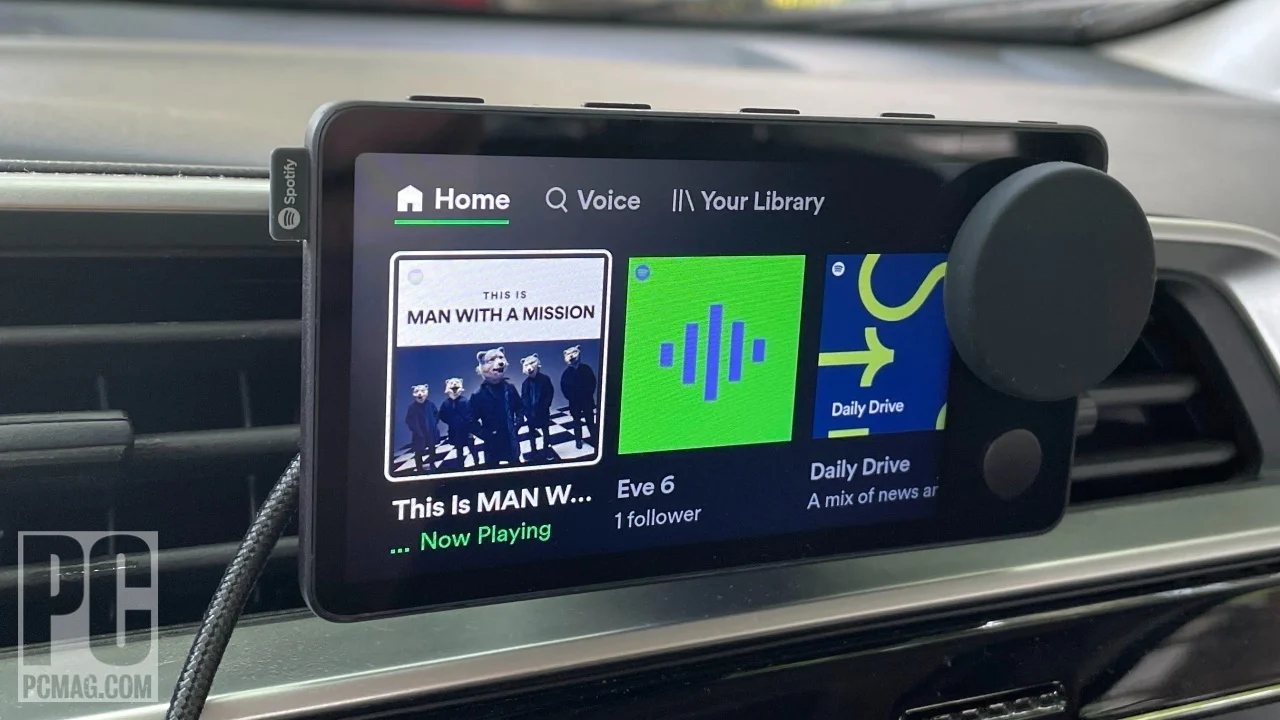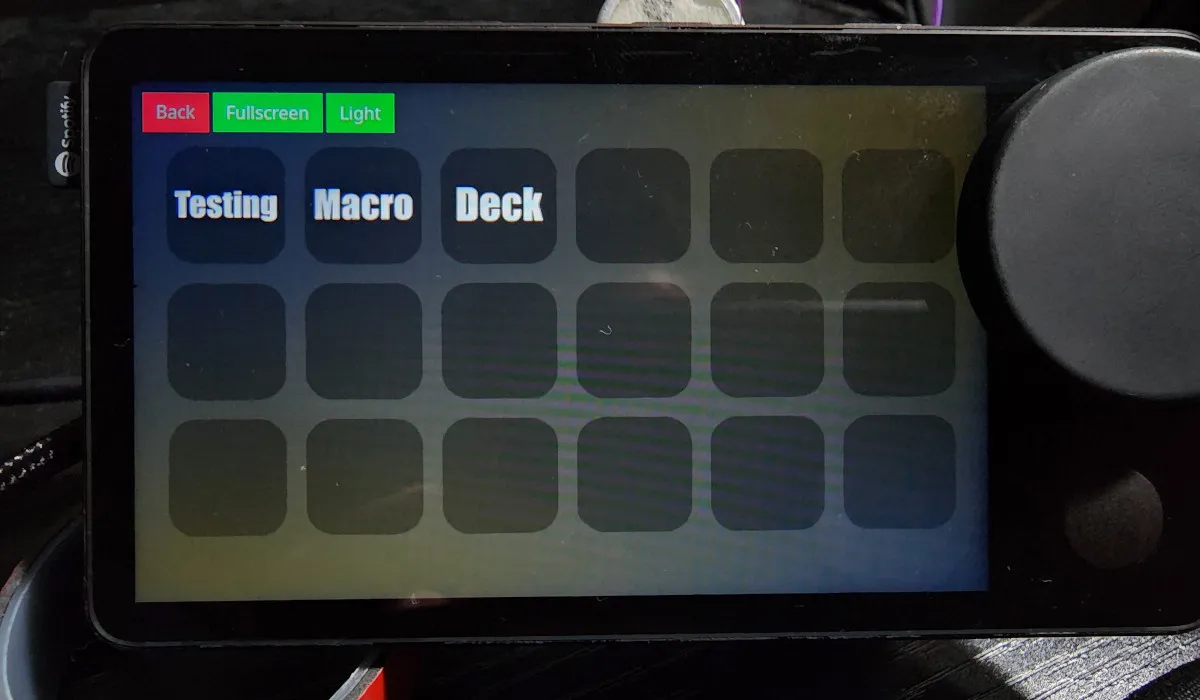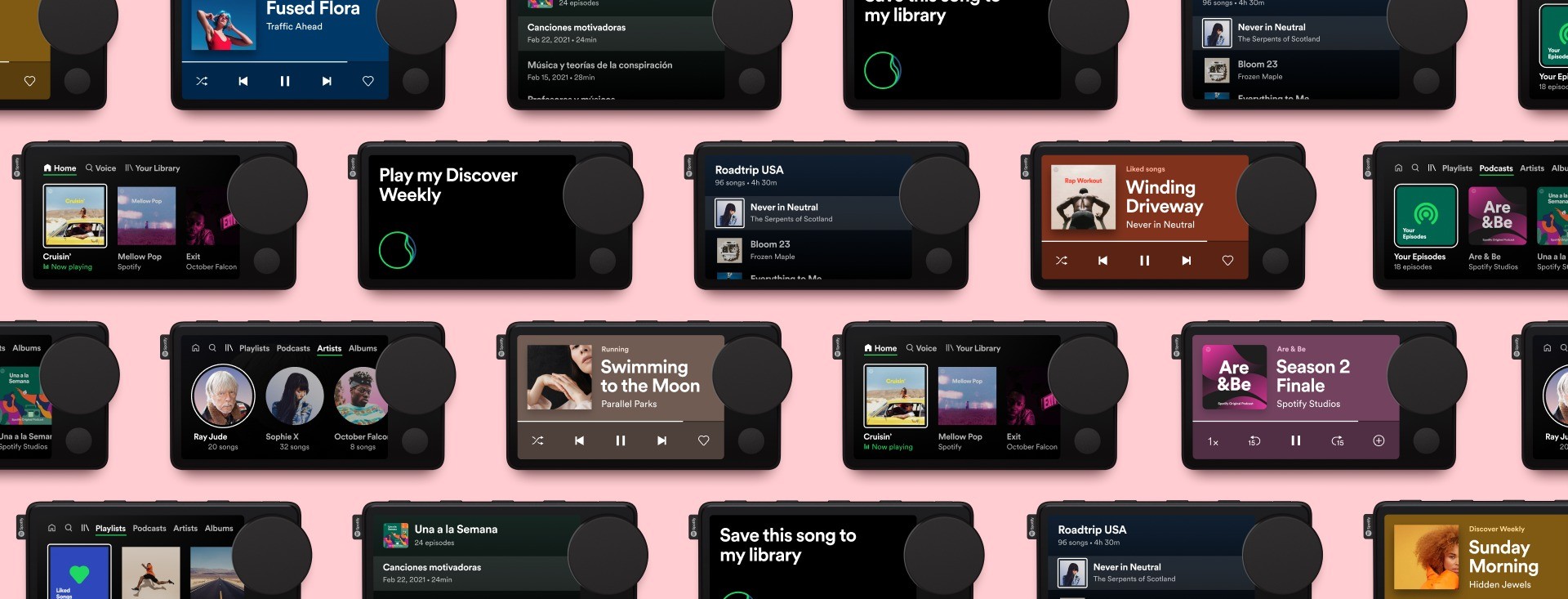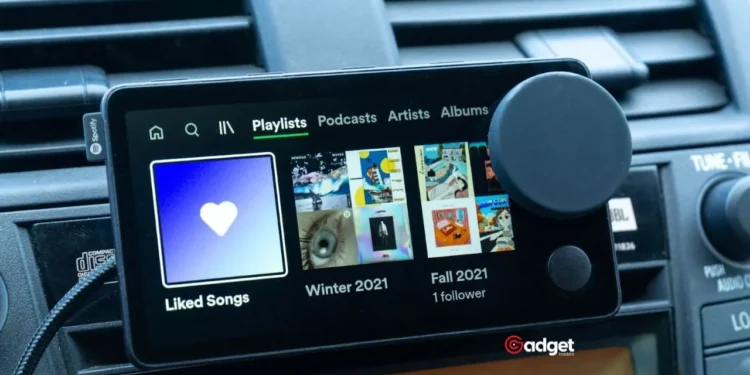Spotify, the globally renowned music streaming service, has found itself at the center of legal turmoil. The company’s recently discontinued “Car Thing” device, initially heralded as a revolutionary in-car listening experience, has become the subject of a heated class action lawsuit.
This legal battle sheds light on the broader implications of tech obsolescence and consumer rights in the digital age.

The Rise and Fall of Spotify’s Car Thing
Launched in April 2021, Spotify’s Car Thing was designed to offer drivers a “seamless and personalized in-car listening experience,” according to the company’s initial announcements. Priced at $89.99, the device featured a touch screen and a physical dial but required connectivity to a smartphone to function properly.
Despite its innovative design, the product faced a rocky road. By July 2022, Spotify had ceased its production due to insufficient sales at its set price point, signaling trouble ahead for the device’s viability.
The Sudden Deactivation Sparks Legal Action
The controversy took a significant turn when Spotify announced in May 2024 that all Car Thing devices would be deactivated by December 9, 2024, rendering them completely non-functional. This announcement came as a shock to many users, who were left wondering why their relatively new devices were destined to become useless.
In response, a group of affected customers, led by Hamza Mazumder, Anthony Bracarello, and Luke Martin, filed a lawsuit in Manhattan federal court. The suit claims that Spotify engaged in deceptive practices by selling a product that could be remotely disabled at the company’s discretion.
“Had plaintiffs and other members of the class known that Spotify manufactured the Car Thing with the ability to brick the product at any point… they would not have bought a Car Thing, or would have paid substantially less for them,” the complaint stated.

Consumer Frustration and Legal Allegations
The legal complaint highlights a growing concern among consumers about the lifespan of tech products and the rights of buyers when products are prematurely discontinued. The lawsuit accuses Spotify of violating multiple state consumer protection and false advertising laws, including those in New York, Florida, and Pennsylvania, as well as the federal Computer Fraud and Abuse Act.
Adding to the customers’ grievances, initial communications from Spotify offered no refunds or trade-in options, merely advising users to dispose of the device by local electronic waste guidelines.
\However, following the backlash and the filing of the lawsuit, Spotify’s website was updated to include an option for refunds, directing affected users to contact customer support with proof of purchase.

Spotify’s Stance and the Future of Digital Consumer Rights
Spotify has declined to comment on the accusations in the lawsuit. The situation brings to the forefront critical questions about the responsibilities of tech companies toward their customers and the need for regulations that protect consumers from the rapid obsolescence of technology.
This case could set a precedent for how tech companies handle the lifecycle of their products and the transparency required in their consumer agreements. As the legal proceedings unfold, both tech companies and consumers will be watching closely, potentially leading to more robust consumer protection laws in the digital economy.
The outcome of this lawsuit will not only affect those who purchased the Car Thing but could also influence future policies and practices across the tech industry, ensuring that the rights of consumers are not sidelined in the rush for innovation.










